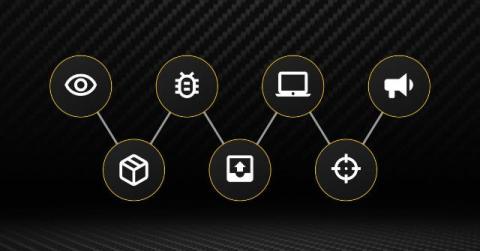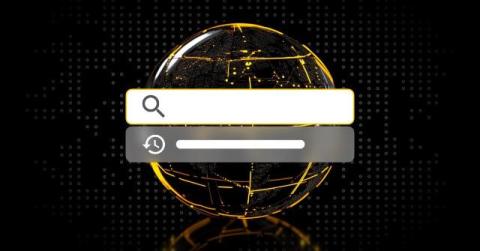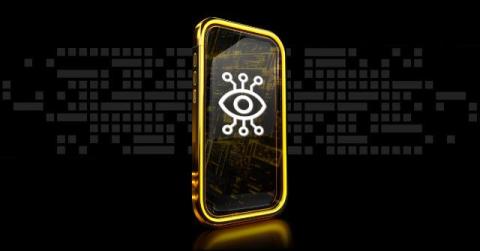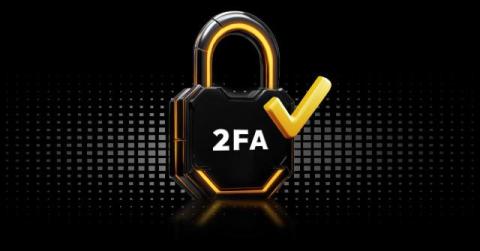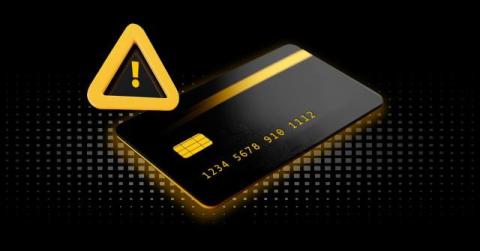How AI Is Making Phishing Attacks More Dangerous
Phishing attacks occur when cybercriminals trick their victims into sharing personal information, such as passwords or credit card numbers, by pretending to be someone they’re not. Artificial Intelligence (AI) has made it easier for cybercriminals to carry out phishing attacks by writing believable phishing messages, mimicking people’s voices, researching targets and creating deepfakes.



